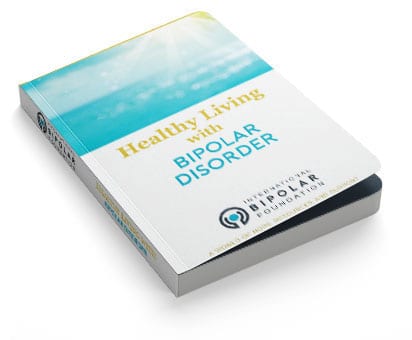I Care For Someone With Bipolar Disorder
You are not alone. We are here for you!
First thing you should do is take care of yourself. Caring for someone who is living with bipolar disorder can be stressful. It may put strain on your relationships, compromise your commitments, and impact your health. While you are critical to the treatment of your loved one’s bipolar. By prioritizing your own self-care, you will end up being more helpful in the long run. Self-care may include joining a local support group, exercising, getting good sleep, meditating, and talking to your own mental health professional.
Caring for someone with bipolar disorder isn’t easy, but know that there are resources available that can help improve everyone’s outlook. We urge you not to do it alone. Reaching out for help is one of the best things you can do for your loved one as well as for yourself. International Bipolar Foundation would love to hear from you. We are a very dedicated team guiding a larger community affected by bipolar disorder and our soul focus is to provide you with the support, information, and resources you need to best support the person you love. We want to make your role as a caregiver, your loved one’s experience with bipolar disorder, and the road to wellness as smooth as possible.
Reaching out can be invaluable, and IBPF is the place to begin. We would like to connect with you and support you on your, and your loved one’s journey toward wellness!
As a caregiver, here are some basic things you can do for yourself.
- Take a deep breath – finding out someone you love has any illness is scary.
- Most of us are unfamiliar with mood disorders/biological brain illnesses. This can make it harder. The good news is that much is known about bipolar disorder and developing a treatment plan for wellness.
- Be patient with and understanding of mood episodes.
- Encourage your loved one to talk about what is going on and listen without judgment.
- Encourage your loved one to continue doing activities that he or she has found enjoyable in the past.
- Help your loved one understand that treatment can improve life.
- Help monitor your loved one’s symptoms and encourage adherence to treatment plans.
- Help identify when your loved one is experiencing symptoms – he or she may be unaware.
- If you are authorized to do so, alert healthcare providers to changes in symptoms.
- Encourage your loved one to avoid drugs or alcohol
- Attend family or couple’s therapy. Often times, when one person in the family system is diagnosed with an illness, he or she becomes the “identified patient” and all the focus is placed on him or her. It is important that larger family or system issues and dynamics are not neglected because the bipolar diagnosis affects everyone.
Check Out Pilar's Corner
As a mother and licensed therapist, Pilar shares lessons from personal experiences, time-saving tips, and helpful strategies to support you or your caregiver and navigate a bipolar diagnosis. Read more now.
Webinars For Caregivers
Webinars are online presentations that are about an hour long. We have a live webinar almost every week with experts on different areas of bipolar disorder. Each webinar is recorded and posted to our website. The webinars go in depth on specific topics and are designed to help you learn more about different treatment options, developing research trends, or everyday tips for managing symptoms. A wide variety of topics are covered, here are some examples that are especially useful for caregivers:
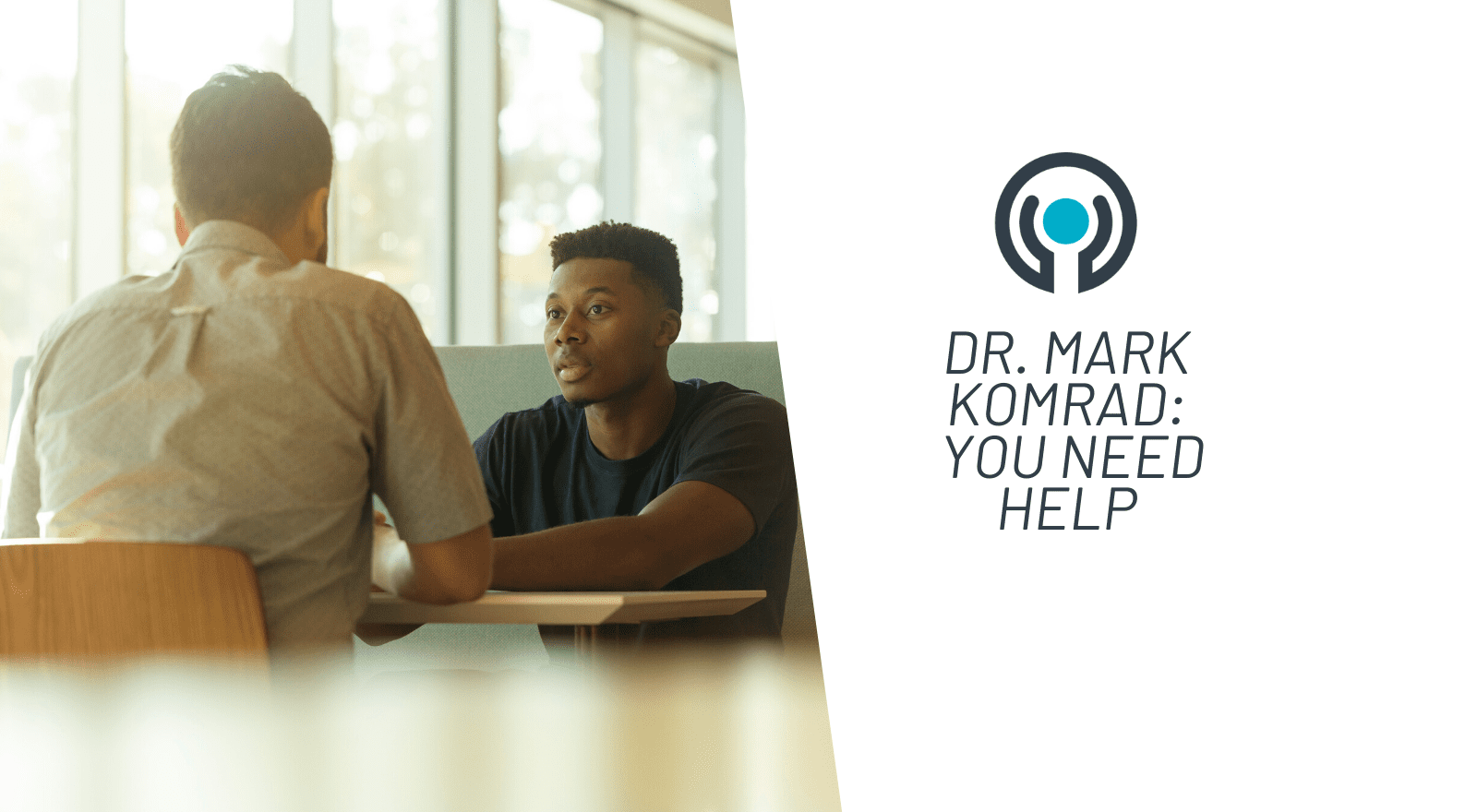
Convincing a Loved One to Get Counseling
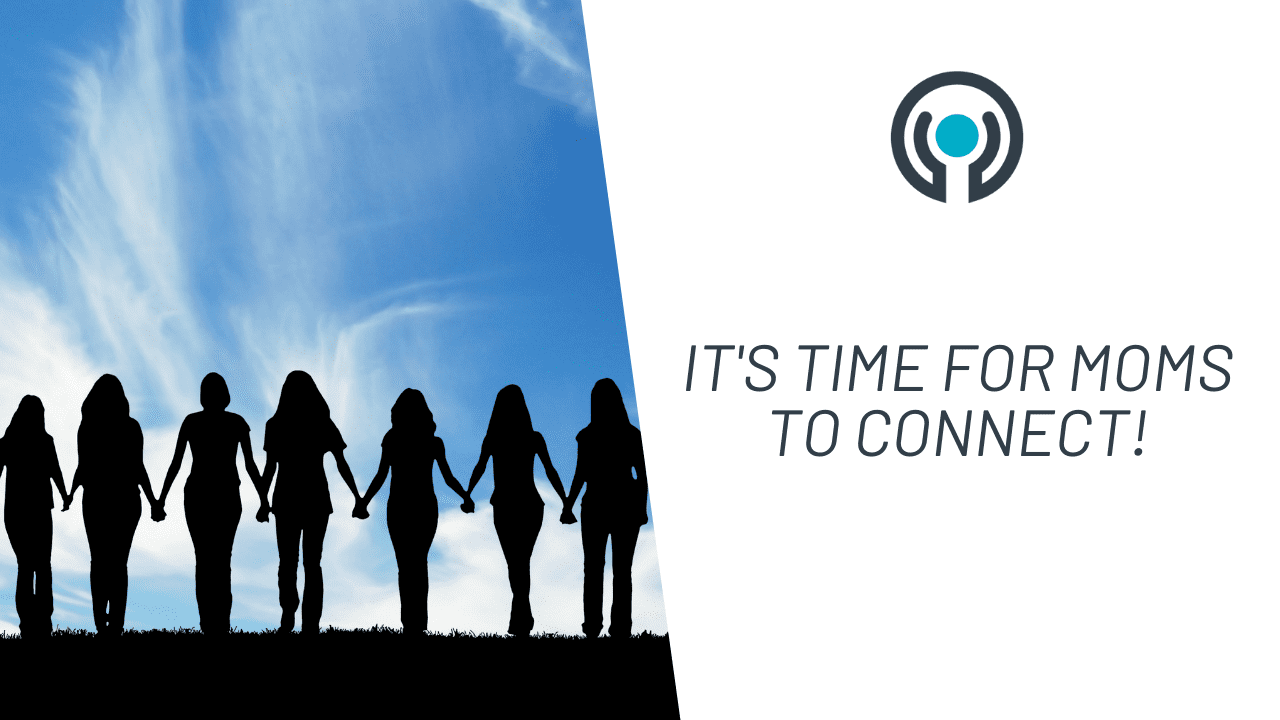
Connect with moms!
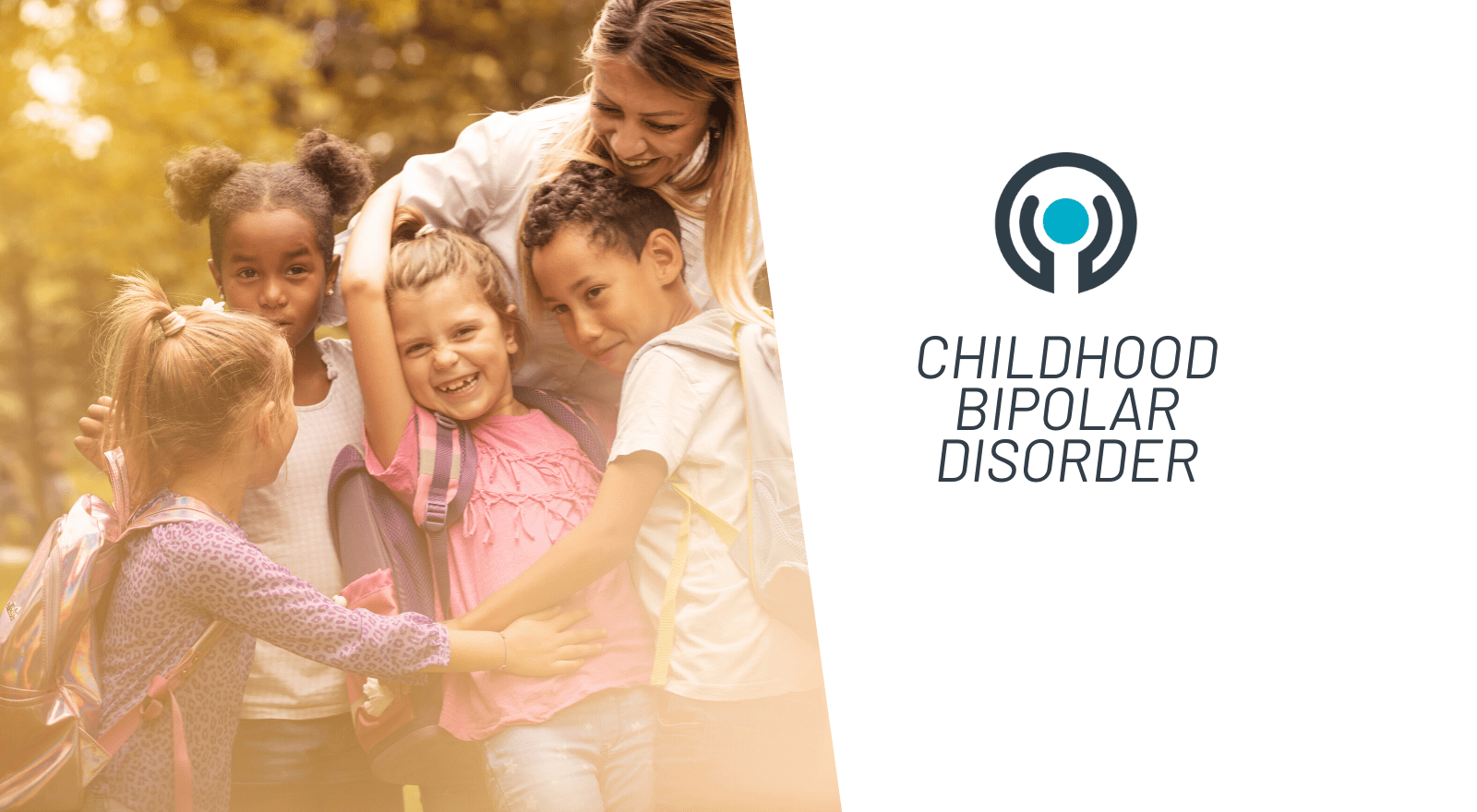
Childhood Bipolar Disorder
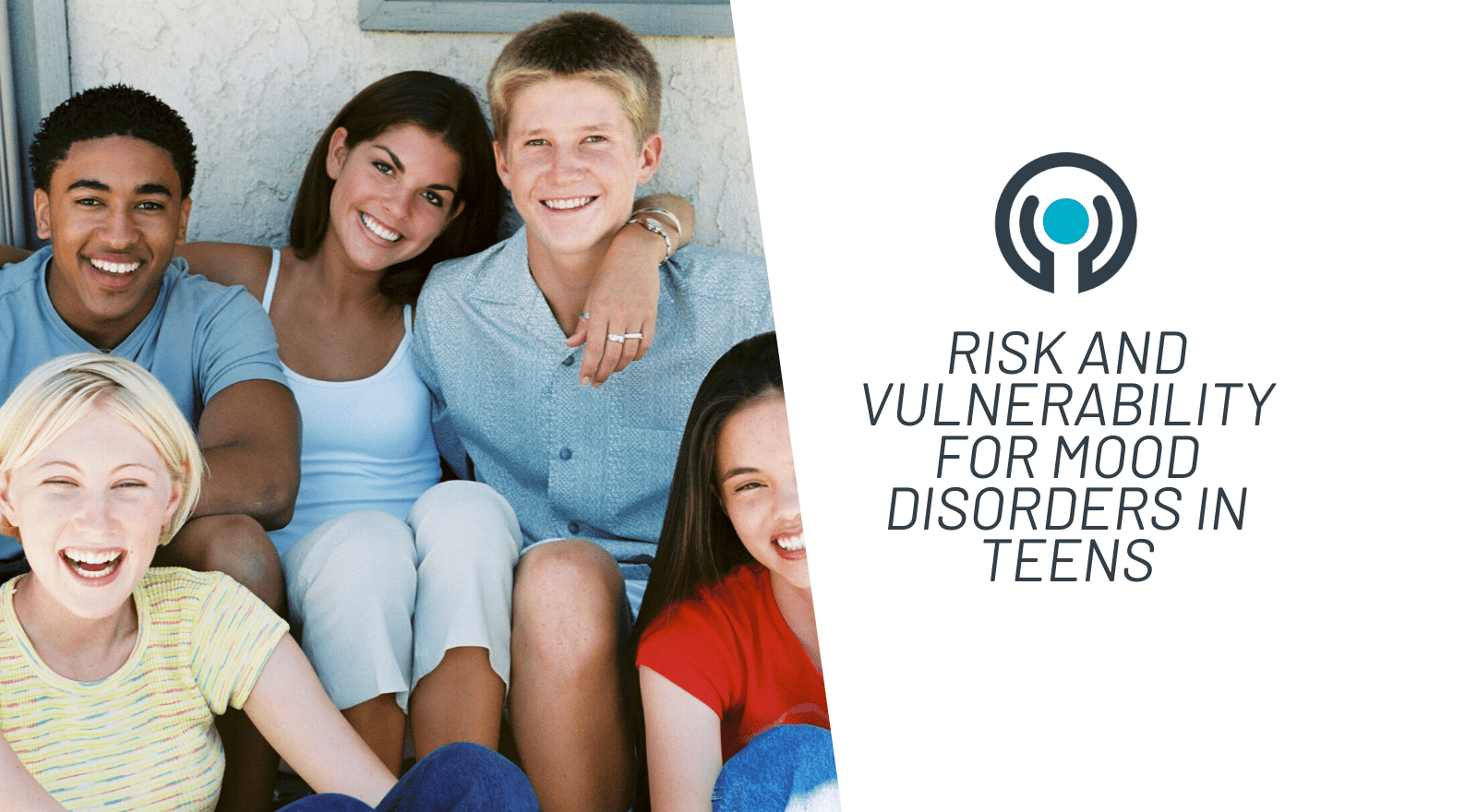
Mood Disorders in Teens
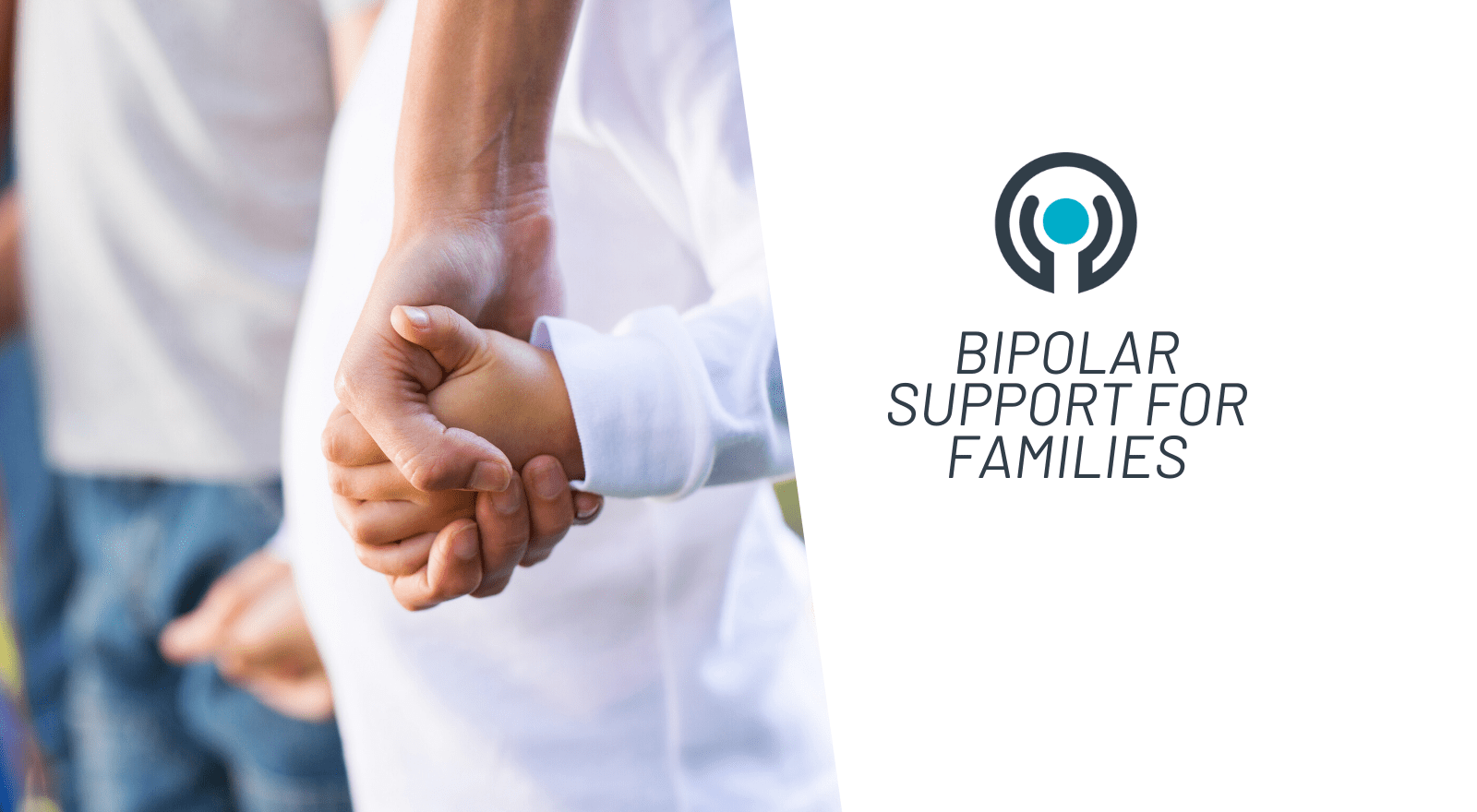
Bipolar Support for Families
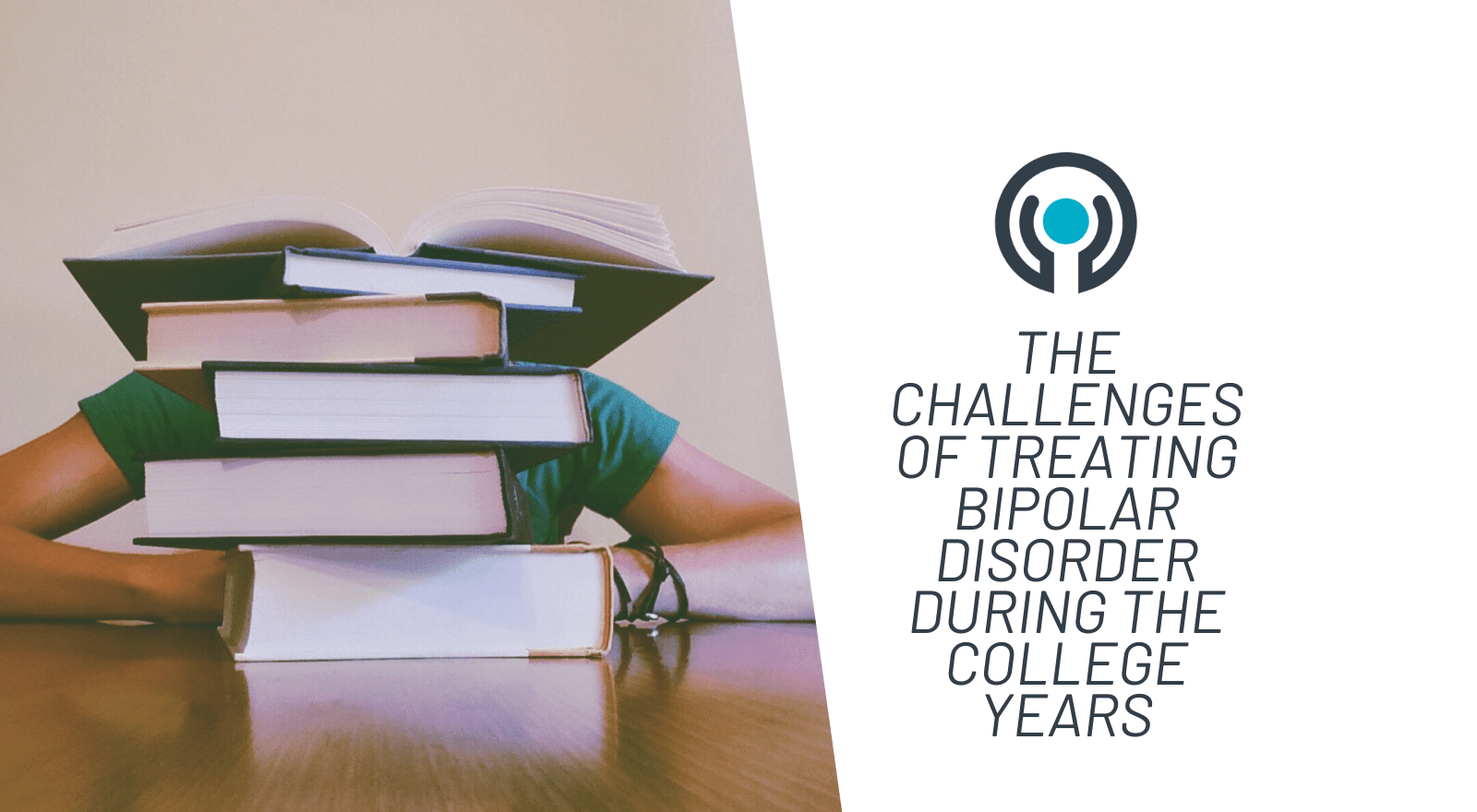
Bipolar Disorder during College
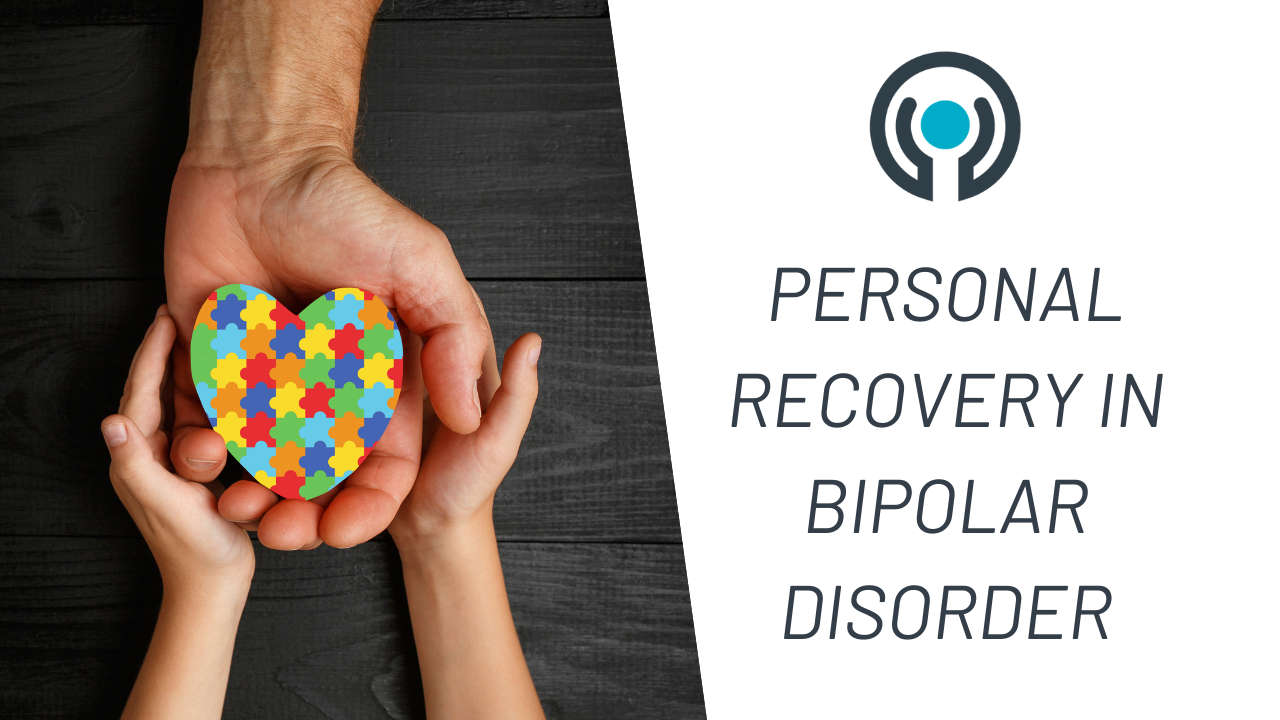
Personal Recovery in Bipolar Disorder
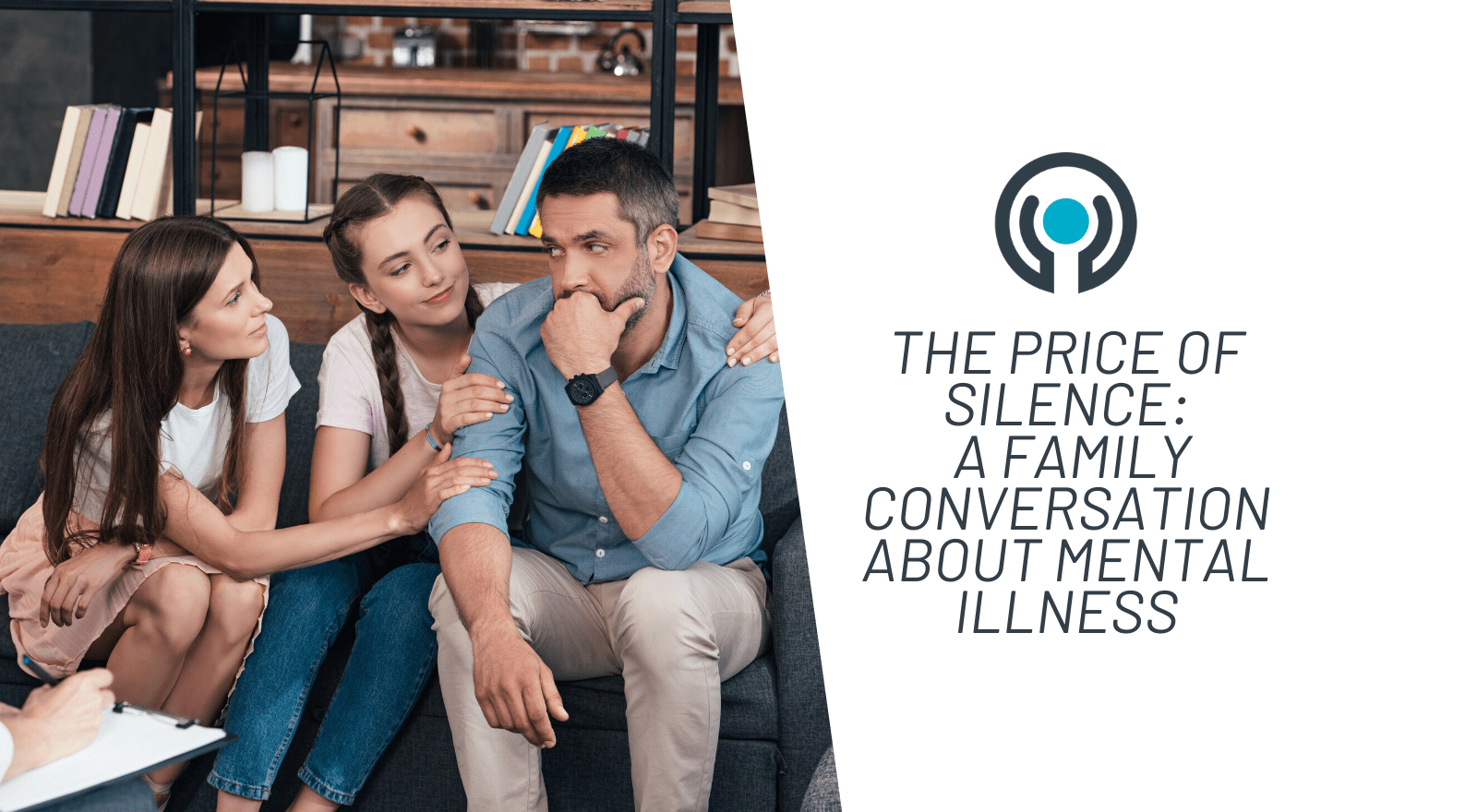
A Family Conversation about Mental Illness
Free Healthy Living with Bipolar Disorder Book
The Healthy Living with Bipolar Disorder book is written for both people living with bipolar disorder and their caregivers. In Healthy Living with Bipolar Disorder, you’ll find clinical information from psychiatrists, nurse practitioners, psychologists, therapists, social workers, and others. You will also find stories from real people who share how they survive and thrive with bipolar disorder. We hope that you will share your story with us someday. Together, we can build a world of hope.
Blog Articles For Those Who Care For Someone With Bipolar Disorder
We have about 40 active bloggers who write monthly posts on different topics related to bipolar disorder. By reading the blogs you can see that you are not alone and learn things that have helped other people in similar situations. Some of our bloggers are caregivers like you.
YouTube Question & Answer Series

We have a series of youtube videos where experts in the field answer common questions about bipolar disorder. Some are from a medical perspective and others are from caregivers or people who have bipolar disorder.
Connect With Us On Social Media

We are active on several social media platforms, check us out at these links:
Faces Of Hope And Recovery

Personal stories of people who successfully live with bipolar disorder and share what has worked for them, learn more here!
Treatment & Support Resources

We can help you find a support group in your area or other resources like treatment centers, psychiatrists, and therapists. View our resource page or email us at info@ibpf.org for help finding a referral. U.S consumers can also use this treatment locator.

